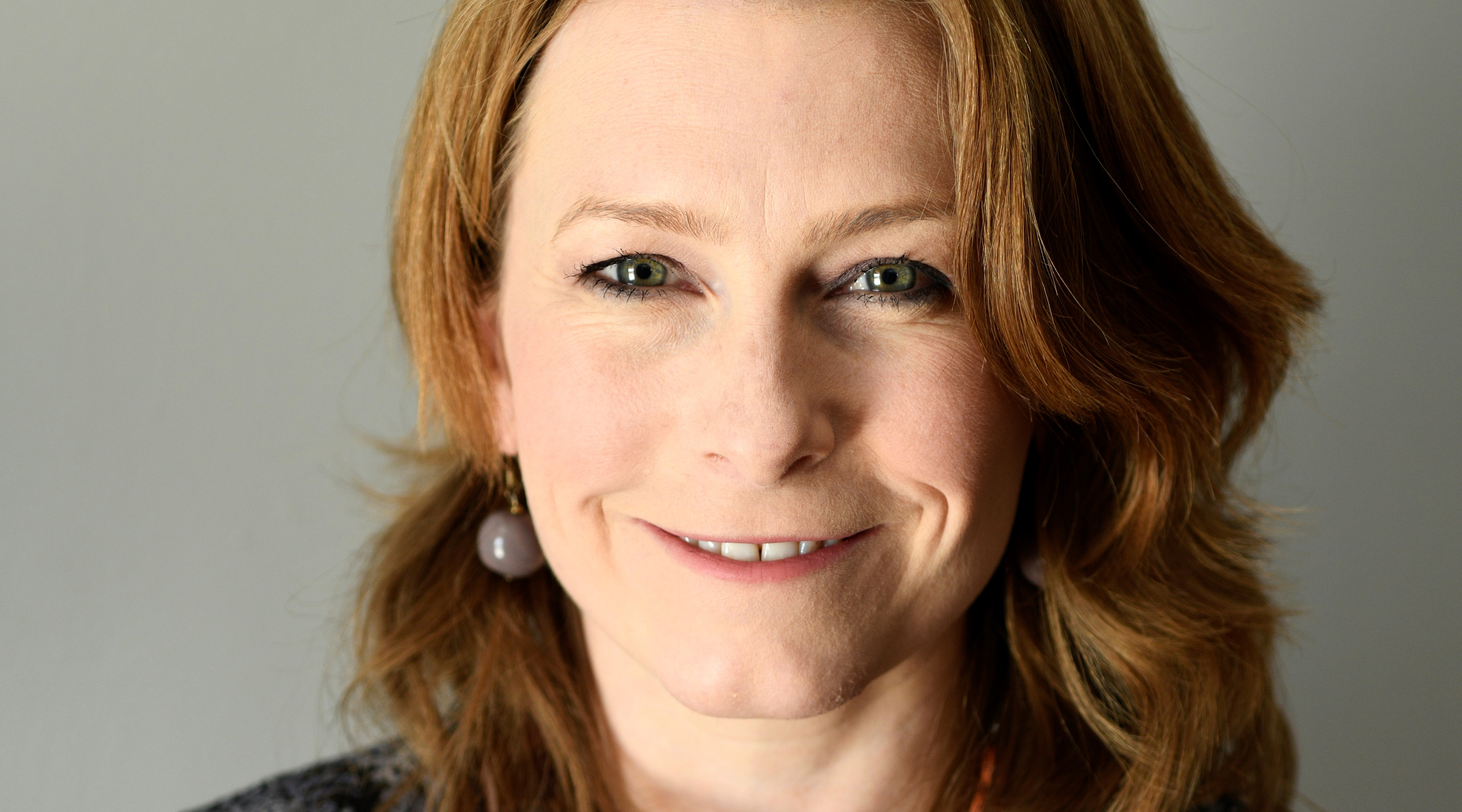Chantal says banks are embracing their societal role, and prioritising issues such as diversity and inclusion.
Chantal Korteweg, senior strategy consultant at ABN AMRO Bank, believes that banks have a role to play as agents of change, and a societal duty to fulfil beyond making profits. She is an advocate for diversity and inclusion and brings this focus to her position on the advisory board of the Amsterdam Institute of Finance.
Chantal started her career as an attorney and says she’s always felt strongly about justice and equality. She took up her position at ABN AMRO in February 2021 and before that worked for FMO Entrepreneurial Development Bank. Although she started out in the legal department, she transitioned through various roles, eventually ending up working in the investment side of the bank. This not only gave her an opportunity to work in various emerging markets across Africa and later Central and South America, but also to grapple with the SDGs, especially those relating to climate change and addressing inequality.
“I worked in the knowledge management department and was an exco member of the bank. During my years at FMO I spent quite some time focusing on diversity and inclusion. My team consisted of many nationalities, but also prioritised gender equality. We looked at how to advance women in their career at FMO, but then also translated that to the conversations with our clients, and thinking about inequality and gender inequality in emerging markets and what role banks can play to empower women and female entrepreneurs specifically,” she says.
She was inspired to set up female leadership initiatives. For example, in Ghana, Chantal ran a week-long programme with bankers from a client bank, together with female entrepreneurs in Ghana. They spent time figuring out what women entrepreneurs really needed from the bank.
“At the beginning of the week, they all said they needed money and funding, but by the end of the week there was much more clarity around their needs, such as access to markets, or better computer systems in their company, turning their business model upside down, having a network or mentoring or coaching programme to help them, and so on. I found that really inspiring to listen to and experience, and I started reading about gender inequality and the challenges women, especially in emerging markets, have to get access to finance, because of the legal system, the cultural system, the family system.”
Chantal then began thinking about what the situation was like for women in the Netherlands. “I hadn’t heard any of the Dutch banks talking about this, so I organised a conference for the principal clients from emerging markets in Amsterdam, but I decided to invite some of the big Dutch banks.”
She showed them what FMO was doing in emerging markets, as well as examples of Western countries working on women focused-programmes, such as NatWest in the UK or Westpac in Australia. There wasn’t much of the sort in the Netherlands at the time, and Chantal’s event began a cross-bank financial sector initiative to drive gender equality, which is now in its third year.
It’s called Fempower your Growth and brings together partners from The Next Women, ABN AMRO, ING, Rabobank, FMO, McKinsey and Better Future, aiming to stimulate female entrepreneurship and better access to finance.
“It’s like a mini-MBA,” says Chantal. “We do different modules around unconscious bias, personal branding, finance and funding needs. We really try to connect the worlds of bankers and female entrepreneurs and get them to listen to each other and relate to one another. That has been really refreshing and insightful to both sides.”
Chantal believes that diversity and inclusion are complex topics. She believes that there’s a social imperative to strive towards these ideals, but also a real-world business case underpinning them. “Together, it's a beautiful combination of creating a sense of urgency in my view,” she says.
“I'm quite commercial so I really like the fact that the statistics are clear: it makes sense to have gender and also cultural diversity on your boards and that the performance of companies will improve if you have more weighted decision-making because of different perspectives. There’s also the business case around the fact that women are loyal customers and they default less on their loans; they're also great savers and if they are satisfied with the services, they also recommend the bank to their network. So, there’s just a win-win if banks grasp this opportunity.”
She believes her passions align perfectly with the purpose of ABN AMRO which is “banking for better for generations to come”. Chantal says the bank is focused on the SDGs and although her background is “pretty strange” to join a large commercial bank, she feels like her experience and expertise are a good fit.
Aside from her day job, being mom to two children (aged seven and nine) and sitting on the AIF advisory board, Chantal is also co-authoring a book about women at work with two other women, one older and one younger than herself. She says this experience has taught her the value of inclusion from an age perspective too.
“I’ve realised how the younger generation has different needs and thoughts and views, especially now in Covid-19 times,” she says. “I think it's really important to get their voices heard. I think that also goes for organisations like AIF, where we need to think about younger participants – what they would need and want in a curriculum or what they need and want to learn – and how we can teach them that in a way that is most effective for them. That might be quite different from what we're used to with an older generation.”
Susan presents a short course on Finance for Non-Financial Managers at the Amsterdam Institute of Finance. Find out more.










